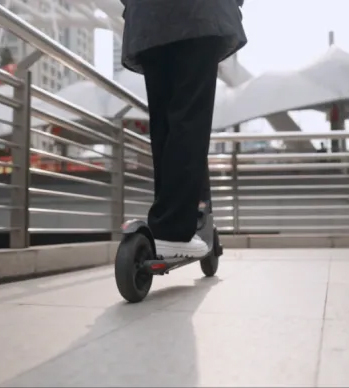As October marks Domestic Violence Awareness Month, I’m sharing my story publicly for the first time – not as a victim, but as a survivor.
As the title says – survivor. I am not now, nor will I ever be a victim. I am a survivor.
Domestic violence isn’t just physical. It’s emotional, psychological, financial and sexual. And for the first time, I’m telling my story.
The beginning
I was 18 when I got married. I was young, unprepared for marriage. We fought often. I’d throw things — not at him, just on the ground — and then retreat to our room to cry. He would follow, jump on my back and slam his arm down on the back of my neck. He hit me once or twice.
But the deepest wounds came from emotional, psychological and financial abuse. He cheated and treated me badly. He made me believe I was crazy. That I deserved it.
He wouldn’t let me work, then blamed me for our financial struggles. We divorced three decades ago, but the scars linger.
The second chapter
Less than a year after my divorce, I met someone at work. He swept me off my feet. For three years, I thought he hung the moon. But three months in, the violence began.
At one point we worked and lived at a home for people with disabilities. I loved that job. I loved the people I cared for. It gave me a purpose. But one night, he and I got into a fight. He beat me. The owner — my boss — fired me and told me to leave. She said she did it to save me, to get me away from him.
I didn’t understand it then, but I do now. She saw what I couldn’t: that I was in danger.
He hit me. Beat me. Told me it was my fault. We’d have good days, then suddenly he’d punched me during an argument. He broke my nose once while driving me to work. He said, “If you hadn’t argued, it wouldn’t have happened.”
He threatened me with guns. He forced me to be intimate when I didn’t want to. He took every dollar I earned. When I reported to his probation officer for sharing confidential information about my brother, he beat me again. That day, I took a handful of pills at work. I didn’t want to die — I just needed help. I called my mom.
She and my brother arrived just in time. I collapsed in the bathroom and spent three days in the ICU. When I woke up, my dad was sitting next to me. I told him I was sorry. My boyfriend tried to visit, but my parents refused him.
After I was released, I stayed with my parents. My boyfriend called, begged me to come back and promised to change. I believed him. Within two days, the abuse resumed. He threatened to kill my family if I ever left again. I believed him. So, I stayed and suffered through the abuse — until he got in trouble for being with an underage girl. That’s when I finally escaped.
The reality
There have been other incidents over the years, but that was the worst. People say, “You should have left.” They don’t understand. When someone threatens the people you love, leaving doesn’t feel like an option.
I’ve been told it was my fault for staying. But when you’re being beaten, sexually assaulted and threatened at gunpoint, you can’t just walk away. I’m not the same girl I was before. But I am still here. And I am a survivor.
The bigger picture
My story echoes the experiences of millions. According to the National Coalition Against Domestic Violence and the CDC:
- 1 in 3 women and 1 in 4 men in the U.S. have experienced some form of physical violence by an intimate partner.
- Nearly 20 people per minute are physically abused by an intimate partner in the U.S. – that’s over 10 million people annually.
- 1 in 5 women has been raped in her lifetime, often by someone she knows.
- Financial abuse occurs in 99% of domestic violence cases, yet it’s one of the least talked-about forms.
- Survivors are at higher risk for depression, PTSD, substance abuse and chronic health conditions.
Domestic violence is not just a personal issue – it’s a public health crisis.
Final words
To anyone reading this who feels trapped: you are not alone. You are not crazy. You are not to blame. There is help. There is hope. And there is life after abuse.
I am living proof. We are survivors, NOT victims.
Editor’s note: The writer’s name has been changed to protect the identity of those involved. Madison College has collaborated with the RCC: Sexual Violence Resource Center (608-251-7273) and Domestic Abuse Intervention Services (DIAS) at 608-251-4445 to provide services to those who need them.



























